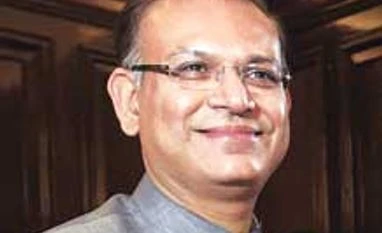At a recent meeting of G20 grouping finance ministers and central bank governors, where he said this, a communiqué stated the nations concerned had pledged to strengthen transparency in this regard, to prevent cross-border tax evasion.
“We will finalise the (BEPS) deliverables by year-end,” the communiqué stated. BEPS, or base erosion and profit shifting, is used to describe tax planning strategies by multinational corporations that rely on mismatches and gaps between tax rules of different jurisdictions.
More From This Section
A BEPS Action Plan approved by the G20 seeks to identify, over a period to December 2015, ways of providing more standardised international tax rules. The communique issued at the end of the two-day meeting late on Tuesday also underlined the need for International Monetary Fund quota reforms, for giving greater representation to emerging economies. India was represented by Sinha and Reserve Bank governor Raghuram Rajan at the meeting.
Observing that global economic recovery continues to remain uneven, the communique said: "We are determined to overcome these challenges and...achieve our objective of strong, sustainable and balanced growth, and create jobs and foster inclusiveness."
Expressing disappointment over the delay in IMF quota reforms, the communique said: "We reaffirm that their earliest implementation remains our highest priority for the Fund. We continue to urge the United States to ratify the 2010 reforms as soon as possible."
Emerging counties have been asking for increased voting rights in the IMF, reflecting their growing share in the world economy. If implemented, it will increase India's voting share from the current 2.44 per cent to 2.75 per cent, following which the country will become the eighth largest quota holder at the IMF, up from 11th position.
)